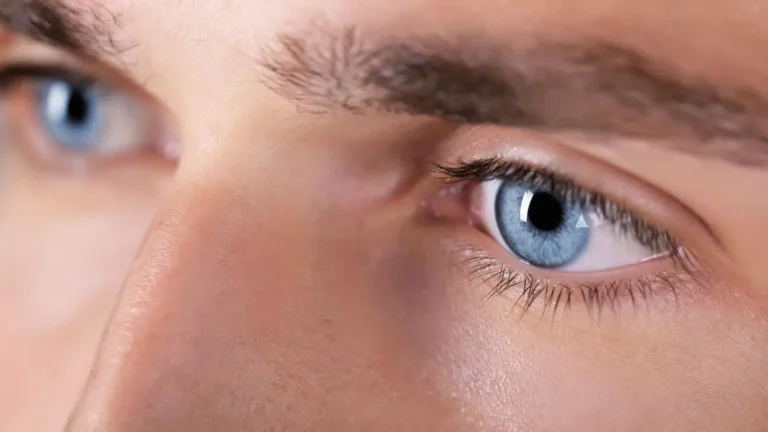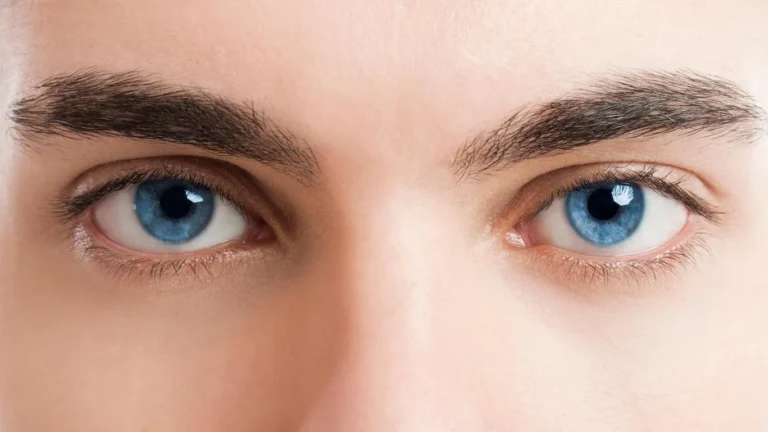Why a Self-Assessment Anxiety Quiz Might Be the Wake-Up Call You Need
So the other day, I stumbled across this old notebook from college filled with frantic scribbles about deadlines, social events, and, weirdly enough, doodles of spirals. I remember that time clearly—it was the peak of my “what is wrong with me?” phase. My brain felt like it was permanently stuck on fast-forward, and I had no clue it was anxiety knocking on my door. If I had taken a *self-assessment anxiety quiz* back then, I might’ve caught on sooner. Fast forward to today, I can confidently say those early signs were my mind’s way of waving a red flag. But hey, we live and learn—and we share.
Why Self-Assessment for Anxiety Actually Matters
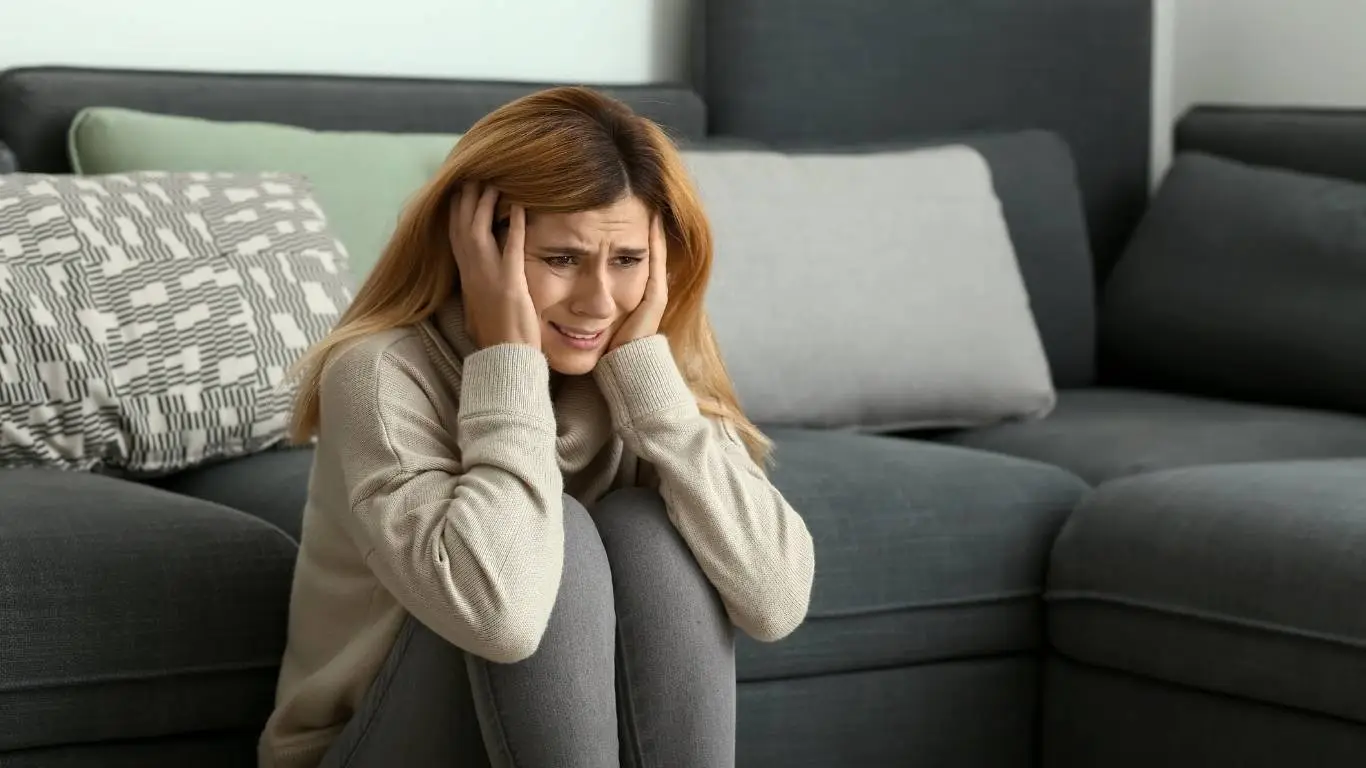
Let’s be real—most of us don’t exactly jump to label our racing thoughts or sudden panic over a simple email as anxiety. But here’s the thing: recognizing anxiety early can genuinely change the trajectory of how we deal with it. A good self-assessment anxiety quiz isn’t about slapping on a diagnosis; it’s a wake-up call, a reality check, and sometimes, the push we need to take action.
According to NIMH, anxiety disorders affect nearly 20% of adults in the U.S. each year, and yet, a huge chunk goes undiagnosed. Why? Because most of us either brush it off as stress or feel ashamed to admit we’re struggling. That’s why self-screening tools are essential—they’re private, quick, and incredibly revealing.
What an Effective Anxiety Quiz Should Cover
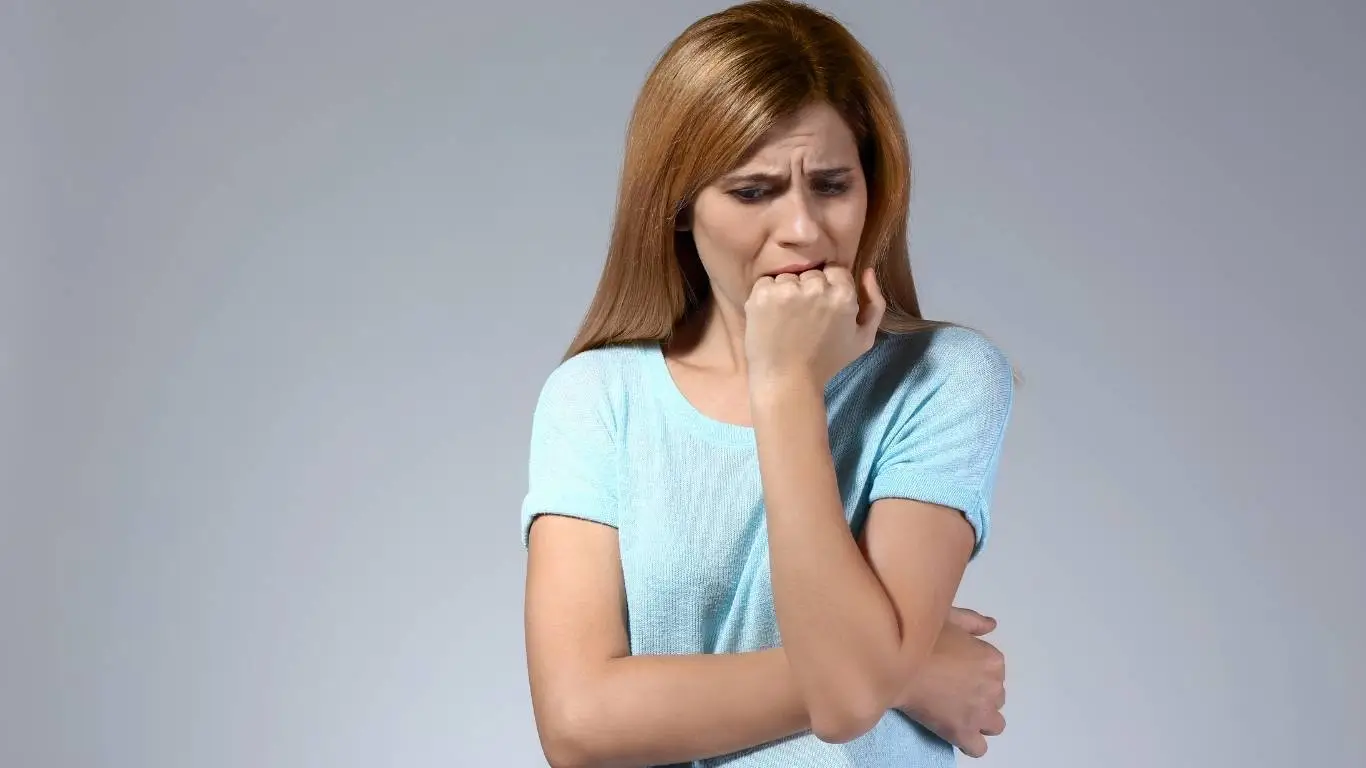
I’ve taken a fair share of these quizzes myself—some legit, some laughably vague. The better ones ask questions that tap into how anxiety shows up in real life. Think of it as a snapshot of your mental state over the past two weeks. Here’s what a meaningful self-assessment should touch on:
- Physical symptoms: Racing heart, shallow breathing, muscle tension, fatigue
- Emotional responses: Constant worry, restlessness, irrational fears
- Cognitive patterns: Overthinking, expecting the worst, trouble focusing
- Behavioral changes: Avoidance, procrastination, irritability
One particularly helpful quiz I came across is the GAD-7 questionnaire. It’s straightforward, evidence-based, and widely used by mental health professionals to gauge generalized anxiety disorder symptoms.
The First Step Toward Clarity: Taking the Quiz Seriously

Quick story—my friend Lisa always joked about being a “worrywart,” but she once told me she couldn’t sleep for days before a simple client meeting. When I nudged her to try an anxiety self-test, she was stunned to see how high she scored. That little 2-minute quiz prompted her to finally talk to her doctor.
The takeaway? Taking these quizzes seriously can be a game changer. But here’s the catch: don’t self-diagnose or panic if your results look alarming. Instead, use them as a springboard to dig deeper—ideally with a professional who can walk you through what’s really going on.
If you’re wondering what happens next after your quiz, this guide on diagnostic tests for anxiety explains how a formal evaluation works. It’s not as scary as it sounds, promise.
Common Pitfalls in Self-Assessing Anxiety
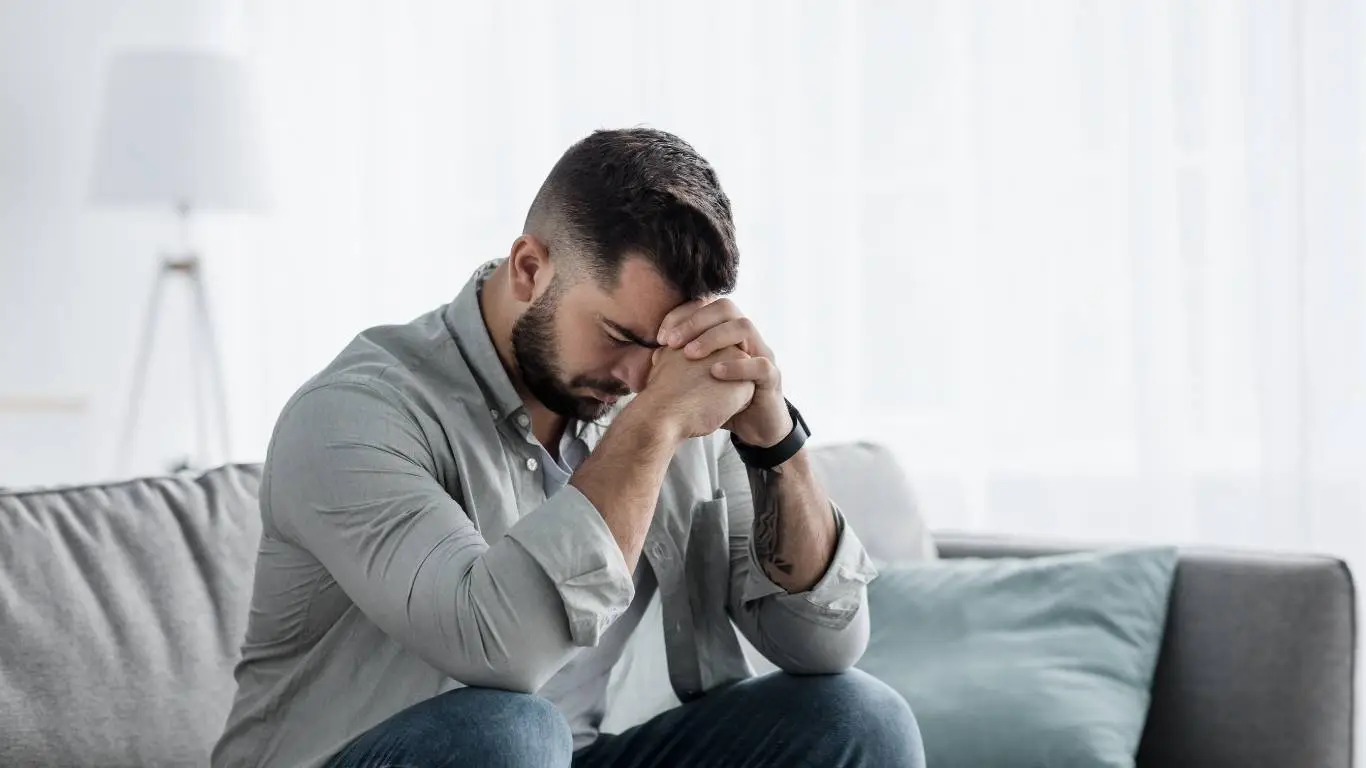
We all want quick answers. But don’t let that rush to understand yourself backfire. Here’s where people often mess up:
- Taking multiple quizzes and averaging results. No, this isn’t Yelp.
- Letting quiz results replace medical advice. It’s a guide, not gospel.
- Not being honest in responses. Downplaying symptoms won’t help anyone—especially you.
- Obsessing over results. Anxiety about having anxiety is… well, a thing.
If you’re feeling overwhelmed already, you’re not alone. This post on coping strategies for GAD lays out some grounded ways to take control, starting right now.
When and Why to Seek Professional Support

If your quiz results suggest moderate to severe anxiety—or if you just feel like something’s off—there’s zero shame in reaching out for help. I know it’s easier said than done (trust me), but mental health pros exist for a reason. Whether it’s therapy, medication, or a combo of both, there are proven ways to feel better.
And anxiety doesn’t always scream for attention. Sometimes it shows up in tiny, daily disruptions. That’s why this article on how anxiety affects your routine really hits home. It’s not always panic attacks—sometimes it’s just feeling “off” all the time.
If this topic hits close to home, the full guide on diagnosis and assessment of anxiety disorders is worth bookmarking. For a bigger picture, this eye-opening read on how anxiety can quietly take over your daily life is a must.
Different Types of Anxiety That Quizzes May Miss

Here’s the thing: not all anxiety looks the same. Some quizzes do a decent job at identifying general anxiety, but many totally overlook other types. I didn’t realize for years that my tight chest and intense fear of crowded rooms wasn’t just me being “introverted”—turns out, I had social anxiety. A quiz didn’t catch it. My therapist did.
Here are a few types you might want to look into, especially if your quiz results feel “incomplete” or off the mark:
- Panic Disorder: Out-of-the-blue panic attacks, chest pain, dizziness, and fear of dying. Easily mistaken for a heart attack. This article breaks down the terrifying similarities.
- Phobias: Intense fear of a specific object or situation. Exposure therapy can work wonders—read how exposure therapy can actually help.
- Health Anxiety: Constantly worrying something is medically wrong. You’re not a hypochondriac—you’re anxious.
- Social Anxiety: Dread of social interaction, performance, or even casual small talk. Often mistaken for shyness.
- OCD and PTSD: These are technically different but often overlap with anxiety symptoms. They’re serious, and you shouldn’t try to self-diagnose them with a basic quiz.
What Happens After the Quiz? A Roadmap

Okay, so let’s say you took the quiz, and you’re staring at a screen that says “moderate anxiety.” Now what? Don’t panic (ha). Here’s a simple breakdown of where to go next:
- Reflect on your results. Think about what situations or patterns may be contributing to your anxiety.
- Start tracking your symptoms. A journal, app, or even quick daily notes can be super revealing.
- Talk to your doctor or therapist. Share your quiz results with them—it helps fast-track the convo.
- Explore treatments. Whether it’s medication, therapy, or both, you have choices.
- Don’t forget lifestyle support. Diet, exercise, and sleep play bigger roles than you might think. The guide on self-help and lifestyle tweaks is a solid place to start.
Fun fact: magnesium-rich foods and omega-3s have been shown to support better anxiety control. Seriously. Check out this post on magnesium for anxiety—it’s more powerful than you’d think.
Misinterpreting Physical Symptoms

This part really hits home for me. I used to think I was dying—literally—because of random chest pain. Turned out, it was anxiety. But no one tells you anxiety can make your body go haywire.
Things like dizziness, nausea, headaches, and even numbness can all be part of the anxiety package. If that sounds familiar, you’re not alone. I highly recommend this post on anxiety-related chest pain—it breaks it all down so clearly.
Also worth reading: the link between dizziness and anxiety. It’s one of those under-discussed symptoms that can really mess with your day-to-day if you don’t know what’s causing it.
Integrating Supportive Habits Based on Quiz Insights
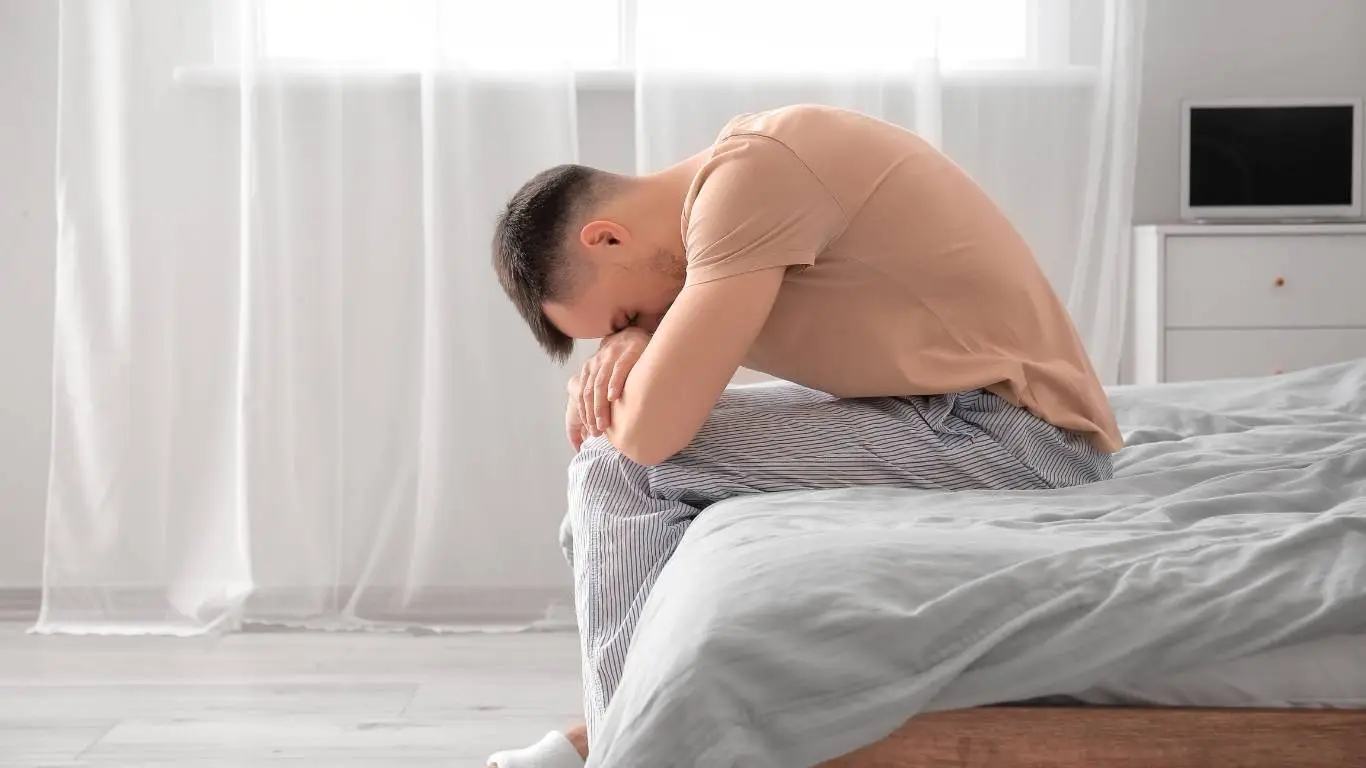
Your quiz might show you need more than just a mindset shift—it could be a lifestyle overhaul. But don’t let that scare you. Small things matter. And they add up. Here are some practices that genuinely helped me (and I still use them):
- Breathing exercises: Even 2 minutes a day can make a difference. Try these breathing techniques that are legit calming.
- Progressive Muscle Relaxation: Feels weird at first, but wow does it work. Great breakdown here.
- Therapeutic nutrition: Your diet has more impact than you think. Here’s a full guide on anxiety and nutrition.
- Mind-body techniques: Acupuncture surprised me big time. I walked in skeptical, walked out grounded. Here’s why it works.
Understanding the Bigger Picture

A quiz is just one piece of the puzzle. Anxiety is complex—it’s influenced by your biology, your experiences, even your family history. This article really dives into how family history of anxiety can shape your experience in ways you may not even realize.
And don’t underestimate how childhood plays a role. I didn’t connect the dots until much later in life, but this article on childhood trauma and adult anxiety felt eerily familiar.
If you’re ready to dig deeper into causes and get a complete view of your anxiety triggers, the pillar guide on hidden causes of anxiety disorders is a game-changer. It connects dots you didn’t even know existed. Also, don’t miss this cornerstone overview of how anxiety silently takes over everyday life.

Camellia Wulansari is a dedicated Medical Assistant at a local clinic and a passionate health writer at Healthusias.com. With years of hands-on experience in patient care and a deep interest in preventive medicine, she bridges the gap between clinical knowledge and accessible health information. Camellia specializes in writing about digestive health, chronic conditions like GERD and hypertension, respiratory issues, and autoimmune diseases, aiming to empower readers with practical, easy-to-understand insights. When she’s not assisting patients or writing, you’ll find her enjoying quiet mornings with coffee and a medical journal in hand—or jamming to her favorite metal band, Lamb of God.



